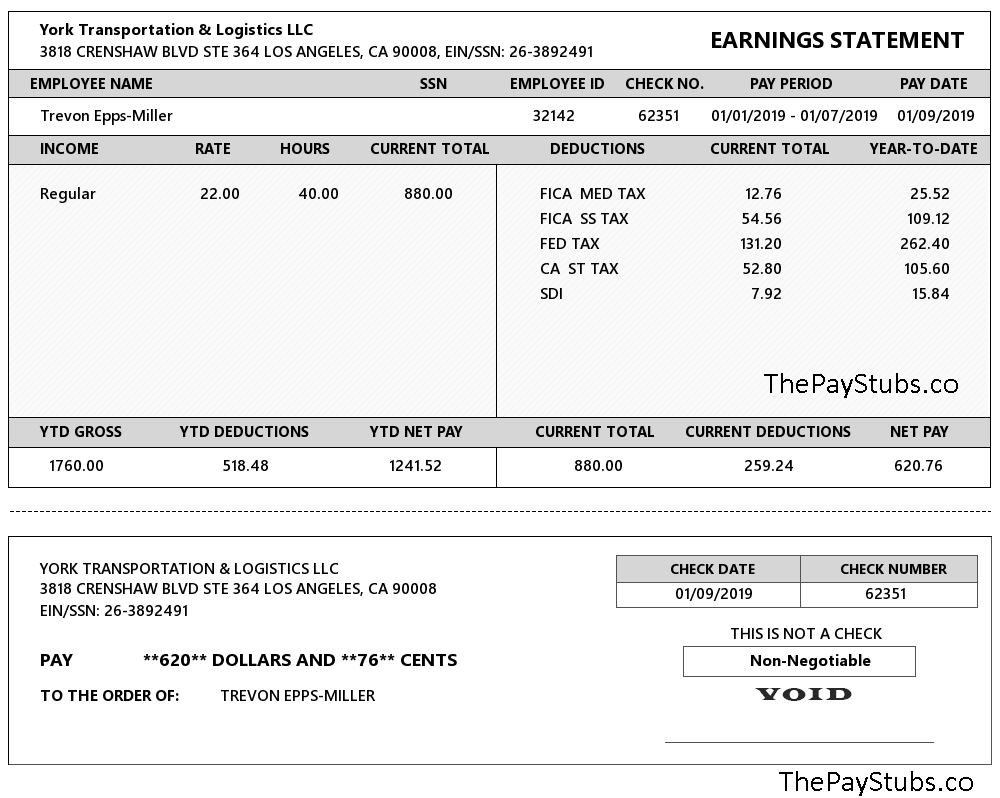California’s pay to play bill, officially known as the Fair Pay to Play Act, has had an interesting journey over the past few years. This controversial bill was designed to stop pay to play politics in California by limiting campaign contributions from those seeking government contracts or licenses However, after being passed, signed into law, and upheld in court, legislators are now seeking to gut the law. What does the future hold for this pivotal anti-corruption legislation?
The Origins of the Pay To Play Bill
The pay to play bill, Senate Bill 206, was introduced by Senator Steven Glazer in 2019 It prohibits businesses and contractors from donating more than $250 collectively to an elected official who will decide on their contract or license application The goal was to reduce the influence of money in local politics after several “pay to play” scandals in cities like Huntington Park and Los Angeles.
Even though there wasn’t much discussion, the bill passed unanimously in 2022 and Governor Newsom signed it into law. It went into effect on January 1, 2023. But the California Restaurant Association and the California Retailers Association sued right away to stop the law. In May 2023, they lost their legal challenge, clearing the way for enforcement.
Attempts to Gut the Pay To Play Law
In 2024, just over a year after passing unanimously, some of the same legislators who voted for the pay to play bill introduced legislation to significantly weaken it. Senator Bill Dodd is leading the charge with Senate Bill 1243. This bill would raise the contribution limit from $250 to $1000, exclude housing developers and labor unions from restrictions, and reduce transparency.
Senator Dodd says the current law stops some donors from giving and sends money to “dark money” groups, which was not meant to happen. But groups that support good government say it will bring back pay-to-play politics and make local governments less honest. The bill barely passed the Senate Elections Committee 4-1; Chair Senator Catherine Blakespear was the only one who didn’t support it.
The Stakes for California
The repeal of the “pay to play” law has big effects on how California is run. Supporters say it’s necessary to build trust and cut down on conflicts of interest. They say that higher limits and exceptions make it easier for special interests to have a say.
However, opponents believe lower limits can discourage political participation and empower wealthy self-funded candidates. There are fair concerns about balancing First Amendment rights with anti-corruption measures.
What’s Next?
The attempts to roll back California’s pay to play law highlight the constant tension in campaign finance reform. While the bill to raise limits passed the first committee, its future remains uncertain. Powerful groups are mobilizing on both sides. lf it reaches the governor, he will face a difficult choice given his support for the original law.
One thing is clear – the saga around California’s landmark anti pay to play legislation is far from over. The coming months will determine whether it is preserved, significantly weakened, or eventually restored. Pay close attention as this critical government ethics policy continues to evolve.
Frequency of Entities
California – 12
pay to play – 11
bill – 10
law – 7
Senator – 4
politics – 3
local – 3
limits – 3
legislators – 2
Glazer – 2
Dodd – 2
Blakespear – 2

Who is a party, participant, or agent?
A party is the one directly applying for a permit or license. A participant is not a party, but actively supports or opposes a particular decision in a proceeding and has a financial interest in that decision. An agent is someone who represents a party for compensation and appears before or communicates with the government agency for the purpose of influencing the proceeding.
Who is an officer of an agency?
An officer of an agency is an elected or appointed officer of an agency or any candidate for elected office in an agency.
NCAA Is Fighting California’s “Fair Pay to Play” Bill: How Would That Work? | Stadium
FAQ
What is the new law in 2024 in California?
What is the SB 553 law in California?
What does the California Fair Pay to Play Act allow for college athletes?
What is the Levine Act in California?
What is the fair pay to play act?
The Fair Pay to Play Act, originally known as California Senate Bill 206, is a California statute that will allow collegiate athletes to acquire endorsements and sponsorships while still maintaining athletic eligibility. The bill would affect college athletes in California’s public universities and colleges .
Are California students protected under the fair pay to play act?
This ensures that California students are protected under the Fair Pay to Play Act following new rule changes by the National Collegiate Athletic Association (NCAA) that allow colleges and universities to develop their own rules in states without name, image and likeness laws, or in states where laws are not yet in effect.
Who signed the fair pay to play act?
Governor Newsom signed the Fair Pay to Play Act in 2019 alongside authors Senator Skinner and Senator Bradford, as well as NBA legend LeBron James, UCLA gymnast Katelyn Ohashi, WNBA star Diana Taurasi, former UCLA basketball player Ed O’Bannon and Rich Paul.
